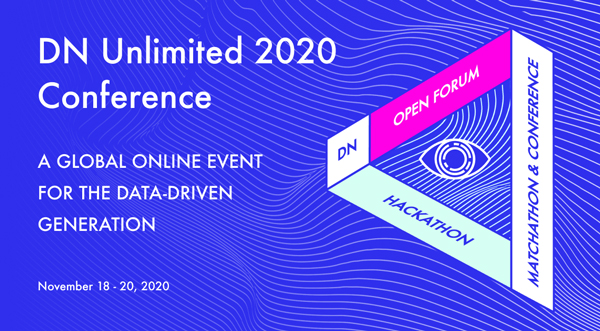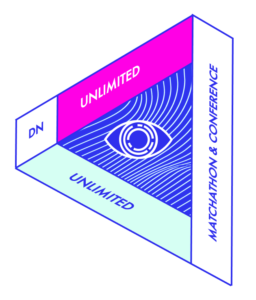Learn how to fit Generalized Additive Models in R! Join our workshop on Generalized Additive Models in R which is a part of our workshops for Ukraine series.
Here’s some more info:
Title: Generalized Additive Models in R
Date: Thursday, April 13th, 18:00 – 20:00 CEST (Rome, Berlin, Paris timezone)
Speaker: Gavin Simpson, Gavin is a statistical ecologist and freshwater ecologist/palaeoecologist. He has a B.Sc. in Environmental Geography and a Ph.D. in Geography from University College London (UCL), UK. After submitting his Ph.D. thesis in 2001, Gavin worked as an environmental consultant and research scientist in the Department of Geography, UCL, before moving, in 2013, to a research position at the Institute of Environmental Change and Society, University of Regina, Canada. Gavin moved back to Europe in 2021 and is now Assistant Professor of Applied Statistics in the Department of Animal and Veterinary Sciences at Aarhus University, Denmark. Gavin’s research broadly concerns how populations and ecosystems change over time and respond to disturbance, at time scales from minutes and hours, to centuries and millennia. Gavin has developed several R packages, including gratia, analogue, and cocorresp, he helps maintain the vegan package, and can often be found answering R- and GAM-related questions on StackOverflow and CrossValidated.
Description: Generalized Additive Models (GAMs) were introduced as an extension to linear and generalized linear models, where the relationships between the response and covariates are not specified up-front by the analyst but are learned from the data themselves. This learning is achieved by representing the effect of a covariate on the response as a smooth function, rather than following a fixed form (linear, quadratic, etc). GAMs are a large and flexible class of models that are widely used in applied research because of their flexibility and interpretability.
The workshop will explain what a GAM is and how penalized splines and automatic smoothness selection methods work, before focusing on the practical aspects of fitting GAMs to data using the mgcv R package, and will be most useful to people who already have some familiarity with linear and generalized linear models.
Minimal registration fee: 20 euro (or 20 USD or 750 UAH)
How can I register?
- Go to https://bit.ly/3wvwMA6 or https://bit.ly/3PFxtNA and donate at least 20 euro. Feel free to donate more if you can, all proceeds go directly to support Ukraine.
- Save your donation receipt (after the donation is processed, there is an option to enter your email address on the website to which the donation receipt is sent)
- Fill in the registration form, attaching a screenshot of a donation receipt (please attach the screenshot of the donation receipt that was emailed to you rather than the page you see after donation).
If you are not personally interested in attending, you can also contribute by sponsoring a participation of a student, who will then be able to participate for free. If you choose to sponsor a student, all proceeds will also go directly to organisations working in Ukraine. You can either sponsor a particular student or you can leave it up to us so that we can allocate the sponsored place to students who have signed up for the waiting list.
How can I sponsor a student?
- Go to https://bit.ly/3wvwMA6 or https://bit.ly/3PFxtNA and donate at least 20 euro (or 17 GBP or 20 USD or 750 UAH). Feel free to donate more if you can, all proceeds go to support Ukraine!
- Save your donation receipt (after the donation is processed, there is an option to enter your email address on the website to which the donation receipt is sent)
- Fill in the sponsorship form, attaching the screenshot of the donation receipt (please attach the screenshot of the donation receipt that was emailed to you rather than the page you see after the donation). You can indicate whether you want to sponsor a particular student or we can allocate this spot ourselves to the students from the waiting list. You can also indicate whether you prefer us to prioritize students from developing countries when assigning place(s) that you sponsored.
If you are a university student and cannot afford the registration fee, you can also sign up for the waiting list here. (Note that you are not guaranteed to participate by signing up for the waiting list).
You can also find more information about this workshop series, a schedule of our future workshops as well as a list of our past workshops which you can get the recordings & materials here.
Looking forward to seeing you during the workshop!

